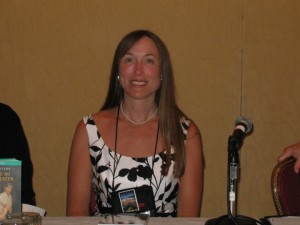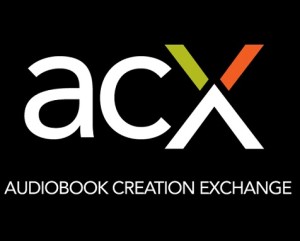By Elizabeth S. Craig, @elizabethscraig
Much has been written about the control that a self-published writer has over their career and their books. It’s usually portrayed as a good thing. We can choose when our book comes out, when its sequel comes out, what vibe our cover is sending out, when to run sales, how much our book should retail for.
Sometimes we’ll hear about the flip side of having this control—the overwhelming nature of it, the high learning curve in handling it, the realization that when our book seems to flop on release that it was related to something we did. Because no one else was in the driver’s seat.
What I have recently discovered is that the control…the good, the bad, and the ugly of it…is completely addictive. Until we feel, I think, a lot more ownership and responsibility for a book, even when we don’t have any control over it.
I’ve come a long way with how much control I’ve wanted to have. I remember when my editor at Penguin told me that a sequel for a book in my Memphis series was approved for release in 2013. That was two years after the previous book in the series launched. I had serious reservations about this and I didn’t understand it. I can write a book in three months, easy. If you push me, I can, technically, write a book in about 5 weeks. I’ll be stressed out and snapping at family members, but sure, I can write it. So why the delay? Or, really, why not ask me to write a book sooner? Why not ask me in 2011 to write the book, then decide if you want to publish it or not later? It could have started its year-long production process a lot sooner. If they didn’t want it, I could probably have reworked it to fit a different series.Continue reading



